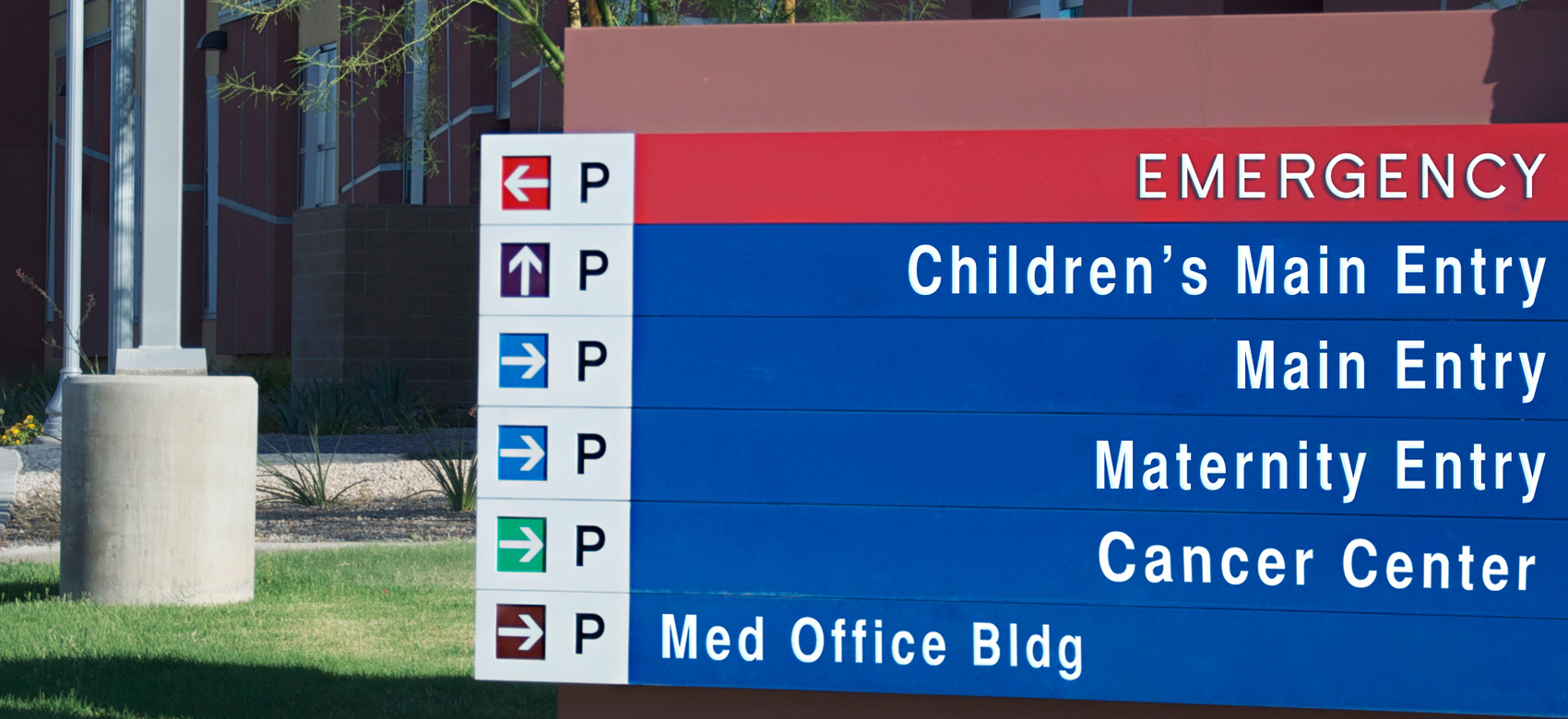Public pathology is defined by the mix of services that it provides to requesting doctors and their patients, and the hospitals, health services and communities in which they operate – in addition to government ownership and the values attached to that.
Pathology services were first formed in Australia’s public hospitals, and public pathology services in each State and Territory have supported hospitals and wider clinical practice for over 100 years. The way services are organised and delivered has changed over time and varies across jurisdictions. In recent years, there has been a trend towards consolidation of services. Some have been consolidated into single State-wide services (Queensland, Western Australia, South Australia, the Australian Capital Territory, Northern Territory and New South Wales) or organised regionally around state government hospital networks (Tasmania) or individual hospitals (Victoria).
In addition to public pathology services, there are private pathology services that emerged in the 1970s in Australia. There are also a small number of charitable pathology providers.
Public pathology is a core part of Australia’s public hospital and health care services.
For patients of public hospitals
- They provide the majority of pathology (diagnostic and consultative) services to patients of Australia’s network of public hospitals – to admitted and non-admitted patients. Public pathology deals with the management of more complex medical conditions reflecting the casemix and emergency and intensive care needs of public hospitals, and delivers 24 hour services.
- Many public sector pathologists are practising clinicians providing direct clinical care to cancer patients, people with haemophilia and other blood disorders, people with immune system problems and infectious diseases, and people with metabolic disease such as diabetes and obesity.
For community and private hospital patients
- They operate specimen collection services for community based doctors and their patients and other health services across urban, rural and remote parts of Australia and provide pathology services in a number of private hospitals on a contracted basis.
Health protection
- They work closely with health protection agencies in the timely and effective laboratory based detection, surveillance and control of outbreaks of communicable diseases in Australia, in dealing with new emerging infectious diseases, and in national disaster management.
Specialised reference laboratory services
- They are the home of many of Australia’s specialist reference laboratory services which cater for rarely performed tests or tests that require specialist equipment and expertise and are best organised and delivered through a national network of specialist laboratories.
Teaching and training
- As part of Australia’s teaching hospitals, they play an important role in teaching undergraduate medical students and in training current and future cohorts of pathologists, other clinicians and medical scientists.
Research
- They conduct leading edge research into new and existing diseases, diagnostic tests and treatments.
Clinical governance and leadership
- Public pathology is integrated into the clinical services and governance arrangements (e.g. infection control, drug policy, occupational and environmental health) that are essential to the safe and effective operation of Australia’s acute care hospitals.
Click for the Public Pathology Value Proposition.
Funding
Free access to public hospital care, including pathology testing, for public patients is funded jointly by the Australian, State and Territory governments principally through the National Healthcare Agreement. Other Commonwealth funding agreements include the National Health Reform Agreement (NHRA), National Partnerships Agreements (NPA) and specific Project Agreements (PA).
The Australian Government subsidises the costs of general practice and medical specialist services (including to pathology) to private patients in the community and private patients in hospitals through the Medicare Benefits Schedule (MBS). Medicare rebates are based on the schedule of fees. Doctors can accept the Medicare rebate as full payment for their service – this is known as bulk billing – or they can charge their own fee. The patient then claims back from Medicare some of the money they paid to the doctor. Some pathology testing is funded by private health insurers, workers’ compensation and motor accident schemes as well as by individuals on a fee for service basis. Public pathology providers generally bulk bill patients.
Safety & Quality
Pathology laboratories vary in their complexity, the numbers and types of tests they can perform, the professionals who staff them and the technology they have available.
In Australia, laboratory accreditation is recognised as an essential means of promoting high quality pathology service provision to patients, their requesting doctors and to the community, and maintaining public confidence.
Since 1986, Commonwealth legislation (Health Insurance Act 1973) has required that pathology laboratories must be accredited for access to the Medicare Benefits Scheme (MBS).
All Public Pathology Australia members are covered by the pathology laboratory accreditation arrangements.
Click for more on accreditation standards and regulations.

